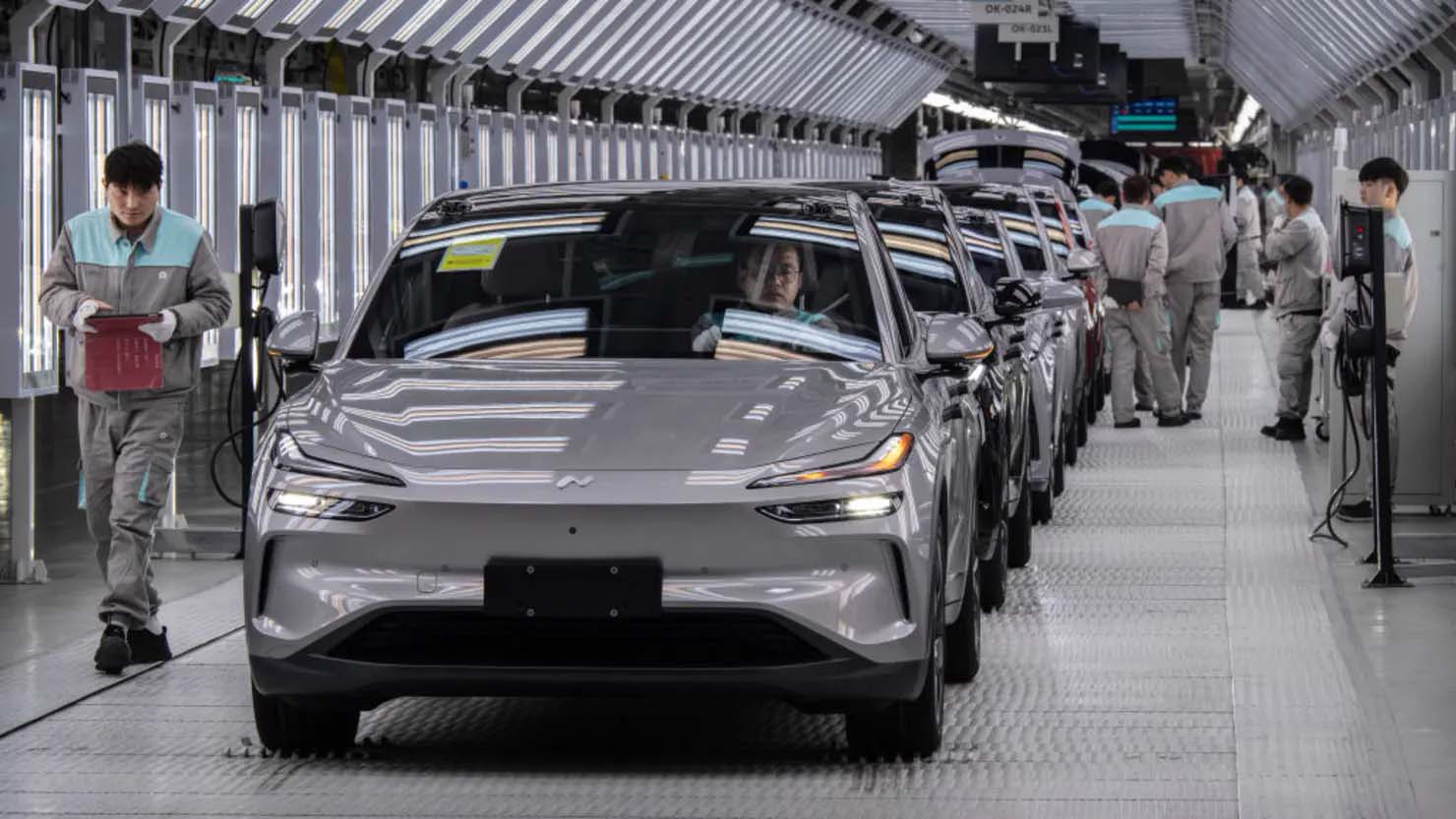Against the background of growing interest in automation and artificial intelligence, the American corporation Intel announced the restructuring of one of its promising technology areas. The company spun off the RealSense division into an independent organization focused on developing AI-based robotics and biometrics solutions. The new round of development is supported by a Series A investment round, in which RealSense received $ 50 million from specialized venture investors, including the MediaTek fund and the Intel venture division.
The new company is headquartered in California. Nadev Orbach, who was previously responsible for strategic innovation and experimental product launches at Intel, became CEO of RealSense. He described the current moment as an "ideal time" for the development of so — called "physical AI" - a segment in which intelligent algorithms interact directly with the physical world through robotic systems.
RealSense will focus on creating platforms for autonomous robots and expanding the set of tools applicable in manufacturing, logistics, medicine and security. The funds raised during the financing are aimed at developing new product lines and meeting the demand from manufacturers of autonomous machines and industrial robots. The company already serves clients such as Eyesynth and Unitree Robotics, delivering solutions for spatial perception, navigation, 3D analysis and machine vision.
The creation of a separate entity is part of Intel's broader strategy to optimize its assets and focus on key areas, including semiconductor technology and high-performance computing. Against the backdrop of falling capitalization and increasing competition from AI chip manufacturers, Intel in 2023 began a series of restructurings, including staff cuts, management changes and the sale of some assets, including a stake in the Altera subsidiary. Separating the RealSense business and attracting external investment demonstrates Intel's intention to transform inefficient divisions into autonomous and flexible structures with the ability to attract external capital.
RealSense was originally created as a research division specializing in 3D perception and computer vision technologies. The first commercial line was launched in 2015 and has found application in drones, interactive devices and augmented reality systems. However, the development of autonomous robotics and industrial AI has opened up new prospects for implementing these technologies in full-fledged business solutions.
The new company intends to focus on providing industrial robotics with systems for spatial orientation, predictive analytics, collision avoidance, biometric recognition, and machine vision. The development of such solutions against the background of a shortage of workers and increasing requirements for the accuracy and safety of production processes is becoming an urgent task for industrial enterprises and logistics operators.
Intel's decision to retain a minority stake in RealSense indicates that the corporation is considering participating in the company's future success without taking on the burden of operational management. This approach corresponds to the current model of venture decentralization, when large technology companies give up direct control in favor of partner participation in the ecosystems of startups and fast-growing teams.
The $ 50 million financial support will enable RealSense to accelerate new product development, scale sales, and conduct additional research in related areas — including hypersonic aerodynamics and autopilot systems. The company has already received additional orders from the US Department of Defense to test new technologies as part of returnable capsules developed as part of previously launched programs.
According to forecasts of analytical agencies, the global market of autonomous robotics is on the verge of exponential growth. The humanoid and service robot segment is expected to reach a volume of $ 5 trillion by 2050. This dynamic has already attracted players like Tesla, Amazon, and Google, who are actively investing in developing their own platforms that combine AI and robotics.
Given the high level of interest from venture capital funds and strategic investors, RealSense is in an advantageous position to create its niche at the intersection of AI, mechatronics and sensor technologies. The desire to integrate intelligent systems into the physical environment requires solutions that combine computing power, sensor reliability, and adaptive algorithms — these are the points where the new company is positioning itself.
For the global IT market, this move by Intel may be an indicator of future structural transformation, when large corporations, losing their monopoly on innovation, begin to build more flexible and autonomous technology value chains. The selection of RealSense also reflects the growing trend towards institutionalizing AI products beyond software and moving towards full-fledged cyber-physical systems that will become an integral part of the global industrial and consumer infrastructure in the coming decades.












